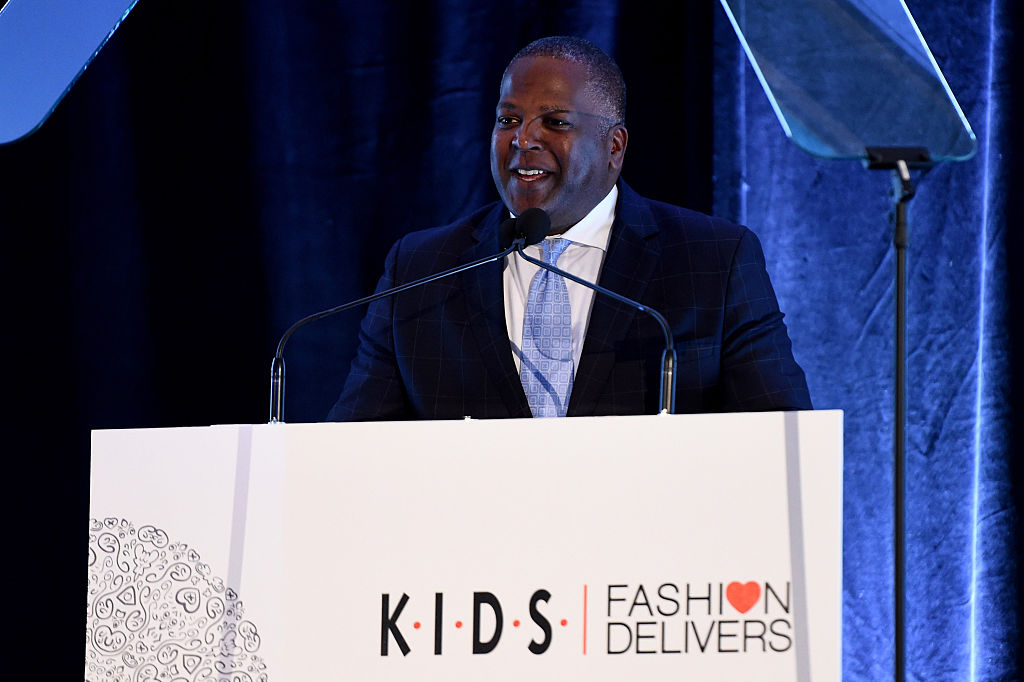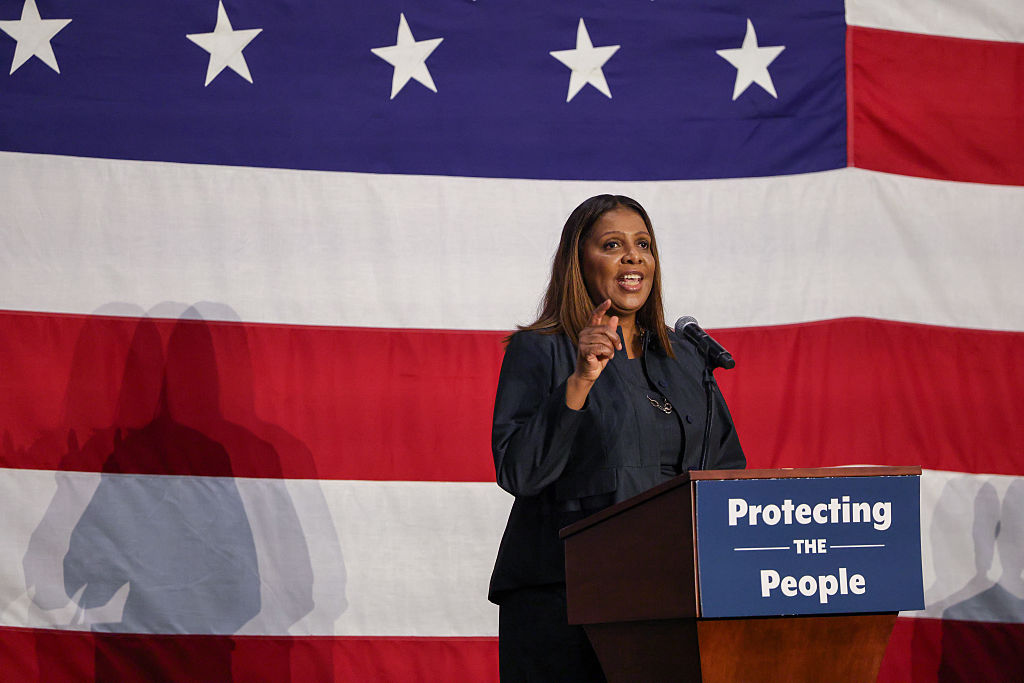Raising The Minimum Wage Takes Steps Towards Equity And Racial Justice
Raising The Minimum Wage Takes Crucial Step Towards Equity And Racial Justice

Source: The Washington Post / Getty
Democrats in Congress reintroduced the Raise The Wage Act on Tuesday to increase the federal minimum wage from $7.25 to $15 by 2025, moving the needle towards a living wage for millions of underserved populations.
Black and brown communities who suffer under the weight of the pandemic and years-long diversion to economic prosperity would benefit tremendously, as those communities make up a large majority of minimum wage workers in comparison to population rates. Minimum wage workers risked their health throughout the duration of the pandemic and the time has passed for the government to protect this vulnerable population.
According to the Economic Policy Institute, an increase in the federal minimum wage will result in a pay increase for “38.1 percent of all black workers and 23.2 percent of all white workers.” Black workers are also less likely to live in areas where the state minimum wage is higher than the federal minimum wage.
An additional study by the Economic Policy Institute claims an increase to the minimum wage would boost income for 32 million Americans, largely covering Black, Latino and female workers.
The effort is largely due to Black women minimum wage workers who helped spearhead the fight in Congress and organized on the ground to push the effort into legislation.
A congressional Budget Office analysis on raising the minimum wage discovered a $15 minimum wage would dramatically decrease poverty and lift 1.3 million people above the poverty line.
The Raise The Wage Act originally passed in the House in 2019, but stalled in the GOP-controlled Senate. The policy would increase the current minimum wage by $2.25 to $9.50 and would steadily bump the minimum wage every year through 2025. It would also include a phase out of tipped minimum wage for restaurant service workers, the youth minimum wage and lower minimum wages for workers with disabilities.
However, while Sen. Mitch McConnell relinquished power to newly appointed Senate Majority Leader Sen. Chuck Schumer, Democrats would still need 10 Republicans to side with them because of the 60-vote threshold to advance legislation. Democrats have majority control due to the outcomes of Georgia’s runoff races and Vice President Kamala Harris standing in as a tie-breaker, but the path to pass partisan legislation remains up in the air.
Opponents of increasing the minimum wage argue it has unintended negative consequences, including burdening small businesses, reducing employment and pushing companies toward relying on technology instead of humans for assistance.
Many are also arguing that by the time the minimum wage is implemented, the inflation rate will make the increase obsolete as the $15 per hour minimum was based on rates from 2012.
But advocates maintain it is way past time for an increase which was last bumped in 2007 and implemented in 2009 under the Obama administration. Raising the minimum wage is tied into Biden’s “Save America” plan which asks for $1.9 trillion in COVID-19 relief.
Public sentiment leans towards increasing the federal minimum wage. Out of 1,114 adults polled in August during an Ipsos collaboration between Public Agenda and USA Today, 72 percent supported the idea of raising the minimum wage.
SEE ALSO:
Biden Calls For Bold Rescue Plan To Tackle Economy
Reversing Course: Joe Biden Signs Executive Actions Dissolving Trump’s Racist Policies



















